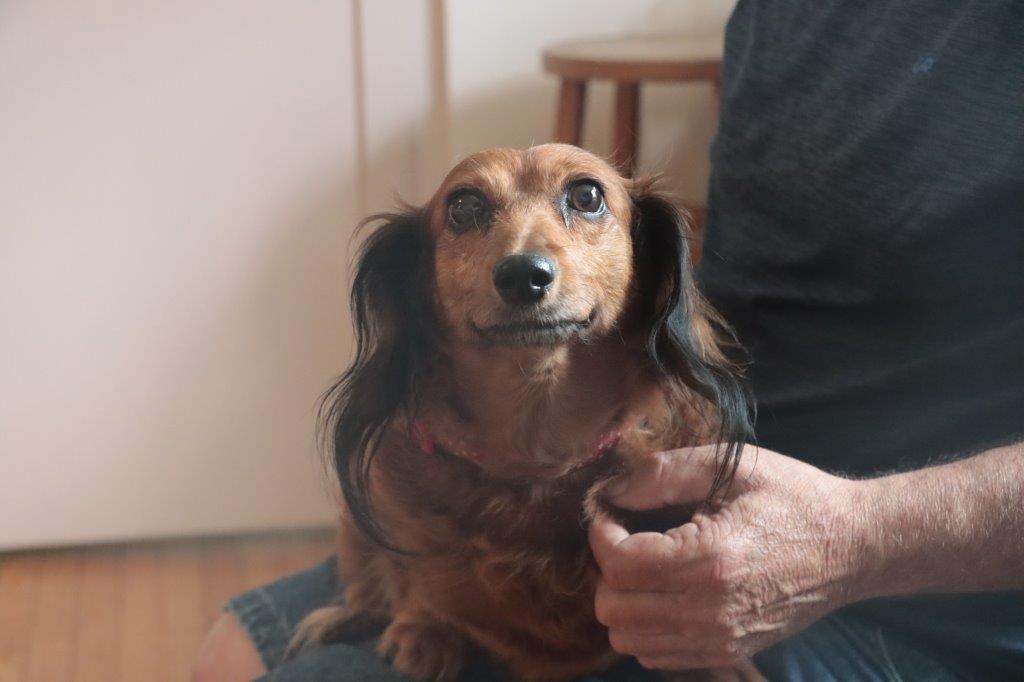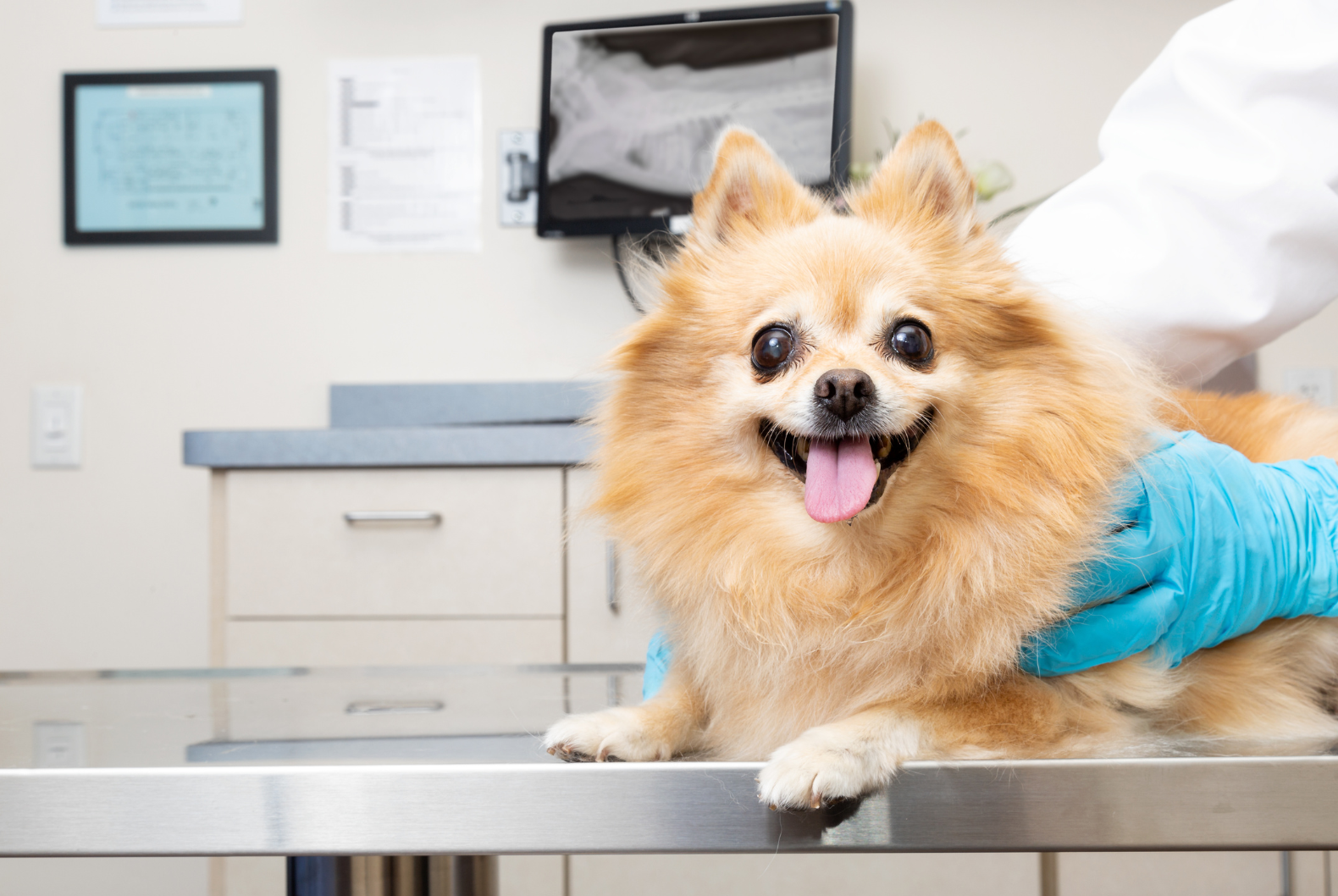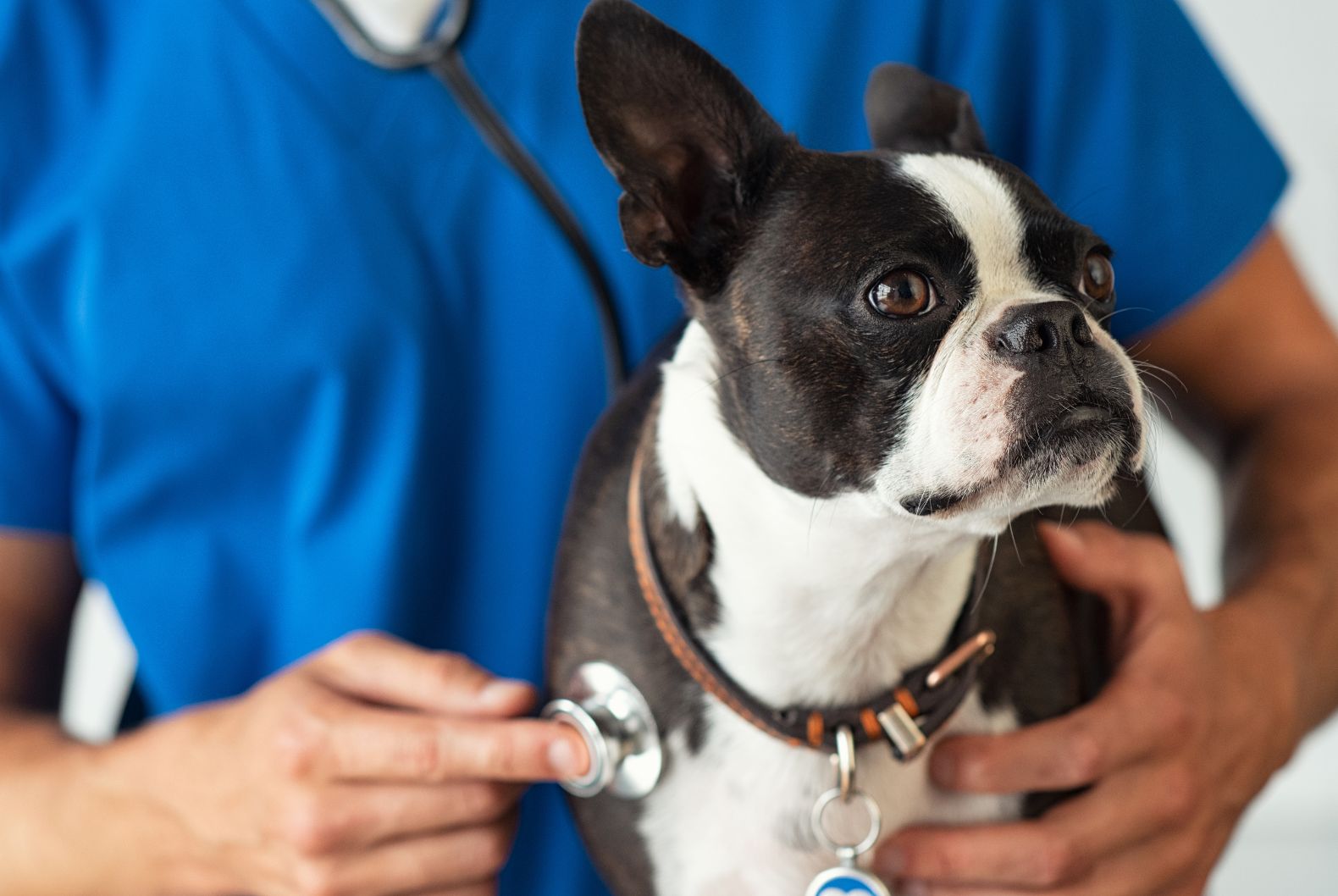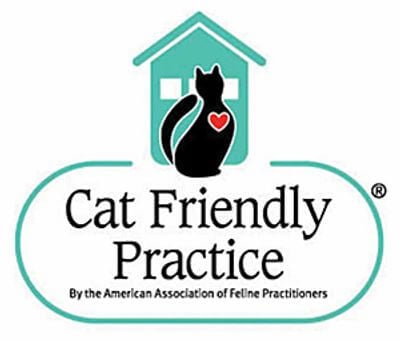
This past fall news stories began making national headlines about a new mystery respiratory illness that was causing dogs to become very sick and sometimes die. It panicked many dog owners, and raised a lot of questions about this mystery respiratory illness.
Where did this mystery respiratory illness in dogs come from?
What these news articles failed to mention was that this “new” respiratory illness wasn’t all that new. Veterinarians in New England started seeing this new respiratory disease in the summer of 2022. Sugar River Animal Hospital started seeing cases of it in November of 2022 and continued to treat many more cases through February of 2023. There was a resurgence in cases in late October of 2023, and we are still seeing sporadic cases of it in early 2024. Fortunately, the number of cases with this second wave has been much lower than the initial wave.
This new respiratory illness, at this point, has no name because we have not identified what exactly it is. All we know is that it’s a new DNA strain that doesn’t match any known viruses or bacteria. The University of New Hampshire (UNH) has been trying to figure out what the underlying cause of the disease is. In November of 2023, UNH released a statement saying that they believe it’s a bacteria that is normally found in dogs. It is speculated that the bacteria has mutated to cause this disease in dogs. What triggers the bacteria to cause the disease is currently unknown.
How contagious is the mystery respiratory illness?
This new upper respiratory disease plays by a different set of rules. It can affect any dog. We have seen it in dogs that are around other dogs and in dogs that don’t interact with other dogs. We have also seen one dog in a household get sick and the other dog in the household not be affected. The cough can also last for months after the infection is resolved.

What are the symptoms of the mystery respiratory illness?
This respiratory illness does not follow the rules of more commonly known upper respiratory diseases such as kennel cough (Bordetella). Commonly, with upper respiratory diseases, it acts a lot like a cold in humans. Normally, your dog needs to be exposed to a sick dog in order to contract the disease. Most upper respiratory diseases are viral and resolve in seven to fourteen days and usually don’t need medical intervention.
How will this illness affect my dog if they contract it?
All upper respiratory illnesses have the potential of progressing to pneumonia, though it tends to be uncommon. However, this newer upper respiratory illness tends to progress to pneumonia at a much higher rate. If pneumonia is not caught early enough, it can be fatal. While not all cases advance to pneumonia, a significant number of them developed into pneumonia at our practice.
Clinical signs of all respiratory illnesses in dogs are coughing (usually a dry hacking cough), lethargy, slight decrease in appetite, and sometimes nasal and ocular discharge. Some dogs, in general, will have coughing spells that lead them to bring up clear fluid. Some early signs that things are progressing to pneumonia are being very lethargic, having little or no appetite, a lot of nasal discharge, difficulty breathing (this can look like your dog is extending its head and neck upwards trying to breathe, rapid breathing, and/or abdominal effort while breathing), and a moist sounding cough. If you have any concerns about your dog, you should seek veterinary attention immediately.
How is Pneumonia treated in dogs?
Pneumonia cannot be prevented but can be treated. Usually, treatment is successful when pneumonia is caught early. Radiographs, more commonly known as x-rays are needed to diagnose pneumonia, and treatment involves using broad-spectrum antibiotics. Pneumonia can take a month or longer to resolve and is considered cured when there are no signs of it on x-rays. Once pneumonia is resolved on x-rays, the patient must be treated for an additional two weeks with antibiotics to prevent the recurrence of pneumonia. In severe cases, the dog may need to be hospitalized, and the prognosis can be guarded.

What Can I Expect If My Dog Is Coughing or Showing Upper Respiratory Issues?
If your dog develops a cough or is having trouble breathing, it is important to make an appointment to be seen by your veterinarian. When scheduling an appointment for your coughing dog, do not be surprised if you are asked to wait outside when you arrive at your veterinarian’s office. This precaution is to prevent the possible spread of a potentially contagious disease. At Sugar River Animal Hospital, we often see coughing patients in the parking lot while we are fully gowned. If we need to bring these patients inside, we go through a side door to minimize contamination, and there is a staff member behind us cleaning to prevent the spread of disease.
The important thing to remember with this newer respiratory disease is that there is no vaccine for it. It is helpful if your dog is vaccinated for kennel cough and canine influenza because that eliminates the likelihood of those diseases. Any dog can get this new respiratory disease. Remember, if you believe your dog has an upper respiratory illness, contact your veterinarian right away.
At Sugar River Animal Hospital, we have educated our clients about what to look for, and fortunately, they all brought their dogs in early for medical care. I would prefer to see a patient and reassure the owner about their pet's well-being rather than risk a delay that could lead to an unfavorable outcome for their beloved companion. I am happy to report all of our patients treated for this illness have fully recovered.


